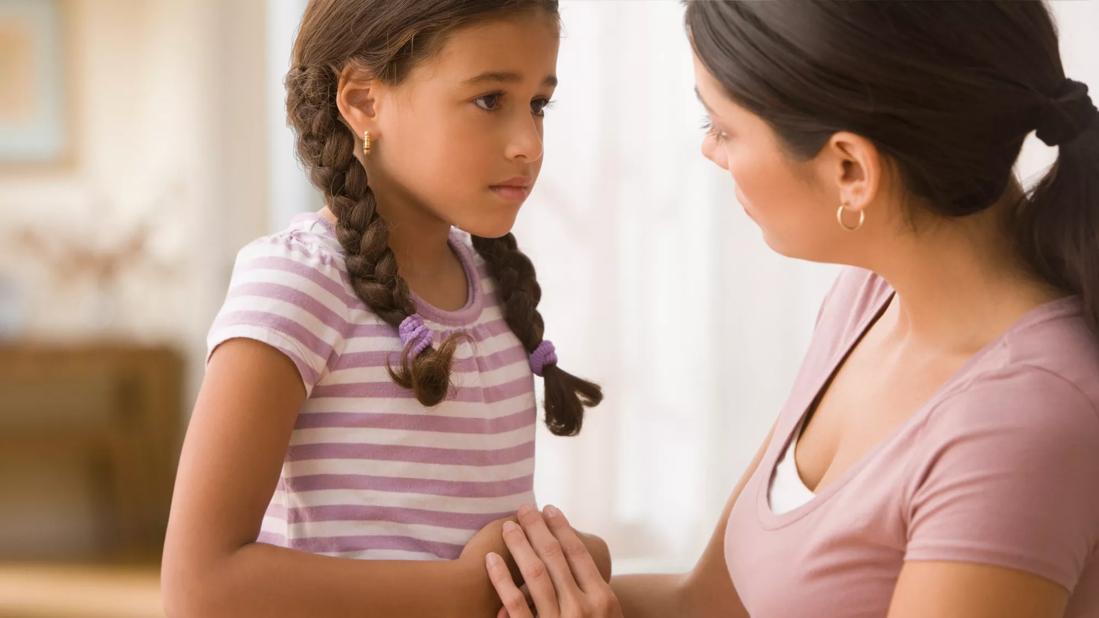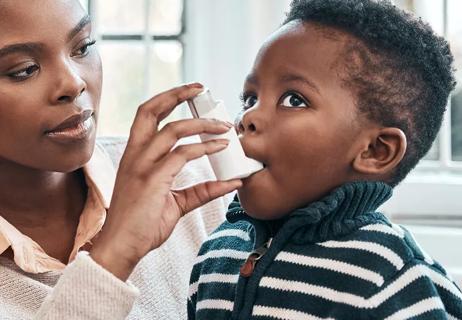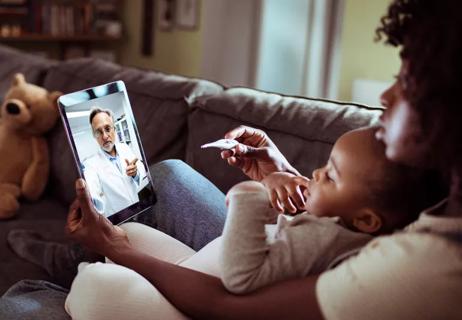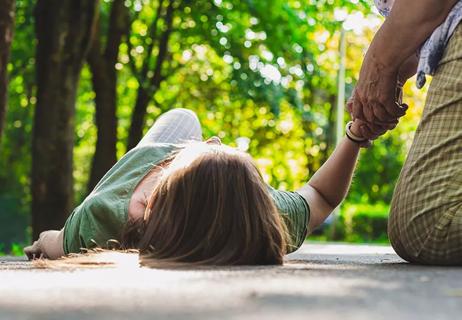Why kidney stones in kids are on the rise (and what to watch for)

When it comes to kids, stomachaches and temporary pains are expected from time to time, but sometimes it can be hard to tell if they’re serious or not. Since kidney stones in kids have significantly increased over the last two decades, it’s a good idea to know what to look for, especially since kidney stones can technically affect anyone, at any age.
Advertisement
Cleveland Clinic is a non-profit academic medical center. Advertising on our site helps support our mission. We do not endorse non-Cleveland Clinic products or services. Policy
“One of the biggest reasons for the jump in numbers of kids and teens coming in with kidney stones, other than medical conditions, is simply not drinking enough water,” says pediatric urologist Audrey Rhee, MD.
It’s important to pay attention to your child’s habits to prevent kidney stones from developing.
Kidney stones develop when the minerals normally found in your urine build up and collect to high levels, resulting in hard deposits that vary in size, shape and texture. If they’re tiny, they can pass through your urinary tract with some mild discomfort, but the bigger they become, the more likely it is that they’ll get stuck and/or cause more pain and discomfort.
If a kidney stone is diagnosed, your child’s urine is collected for 24 hours. It’s then sent to a lab to test the mineral content and levels, the amount of each mineral in the urine and note the amount of urine produced which will evaluate for metabolic disorders such as diabetes.
“It’s rare for me to find a metabolic disorder, but almost every patient I’ve seen has a low volume of urine. If you’re not making enough urine, you’re probably not taking in enough fluid,” says Dr. Rhee.
Since fluids help flush minerals through your urinary system, not staying hydrated is associated with developing kidney stones. “Lots of kids think they drink enough water, but especially if they’re active, they need to drink more,” says Dr. Rhee.
Advertisement
So how much water is enough? “For kids over 12, I recommend from 2 to 2 1/2 liters of water a day,” Dr. Rhee says. “For a younger child, 1 to 1 1/2 liters.” (Note: 1 liter is equal to slightly over 4 cups.)
“A sedentary lifestyle and a high sodium intake in your diet are also associated with the development of kidney stones,” notes Dr. Rhee. Fast food and highly processed foods (staples in the average American diet) are key offenders.
As a parent, you’ll need to be on high alert for any of the following symptoms of kidney stones:
Children with suspected kidney stones should be seen by their physician, who will order an ultrasound to look for stones and obstructions. To minimize radiation exposure to kids, a computerized tomography (CT) scan or other imaging tests are best reserved for later, if needed.
The good news is that the majority of kidney stones are fairly small, so most kids don’t need surgery. First, they’re told to drink plenty of fluids, including lemonade that’s made with real lemons. “Do not rely on store-bought lemonade because most of that’s sugar,” says Dr. Rhee. The citric acid in the lemons increases the citrate content of urine, a nutrient that makes it more difficult for kidney stones to form.
Children may also be prescribed mild pain relievers and medication that dilates their ureters, the tubes connecting the kidney to the bladder, helping the stone pass through more easily. A strainer is sent home so that any stones in the urine can be sifted out, put in a sealable bag and brought in to be sent to a lab to have the content analyzed.
Surgery is always the last resort. If the stone doesn’t pass within a few days, people usually have about a month before surgery is deemed necessary. However, all bets are off on the wait-and-see approach if a person develops a fever during that time. This indicates a possible and potentially life-threatening kidney infection that needs immediate attention.
Kids with kidney stones have a 50% lifetime risk of having a recurrence. “We hit home that they need to drink more water, drink the lemonade and try to avoid sodium,” Dr. Rhee says. “That means potato chips, pretzels, pizza and all that kind of junk food.”
As a final note to parents: Help your kids stay away from high-sugar, high-calorie drinks, and make sure your child increases their fluid intake in hot weather or with exertion. It’s important to also continue to encourage physical activity so they can live their most fun kid days!
Advertisement
Learn more about our editorial process.
Advertisement

The emergency room is for serious medical issues; urgent care can help when you can’t get a quick appointment with your child’s doctor

An allergist can help you make a plan that includes information about what to do in case of an allergic emergency

Lead with empathy, involve other caregivers, and teach them how insulin helps them live a long and healthy life

Severe and debilitating headaches can affect the quality of your child’s life

Asthma-proof your home, keep notes and (try to) be patient with long-term treatments

Talk to your pediatrician; early treatment is key

How to know when a stomachache is something more serious

A Q&A to prepare you and your child for syncope and its associated seizures

Wearing a scarf, adjusting your outdoor activities and following your asthma treatment plan can help limit breathing problems

Your diet in the weeks, days and hours ahead of your race can power you to the finish line

When someone guilt trips you, they’re using emotionally manipulative behavior to try to get you to act a certain way